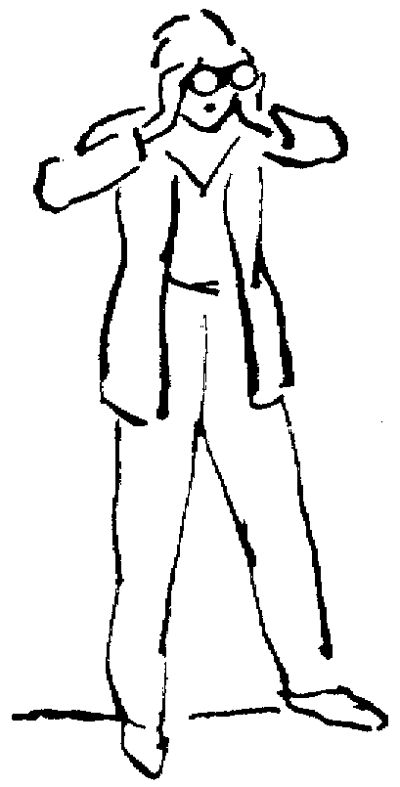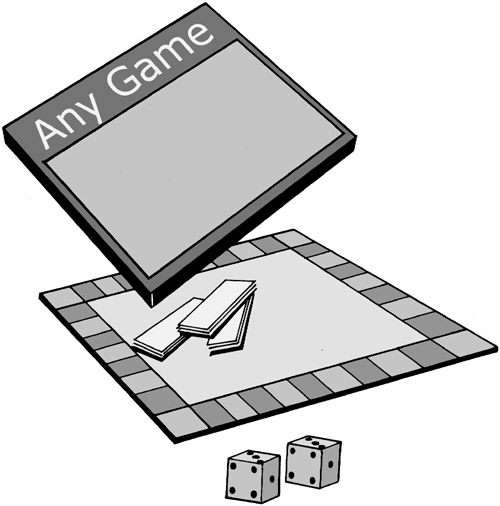A post I read today reminded me of something my father told me as a kid. Basically: “never do anything you wouldn’t want to see on the front page of the newspaper.”
I know, how quaint, they had newspapers back in the olden days. I suppose in current vernacular it would be “never do anything you wouldn’t want to see on the home page of youtube.”
Admittedly a video clip of one sitting on the john in the midst of a cataclysmic flu episode is not something you (or anyone else) should want to see on youtube. Embarrassment is one thing, getting caught “cooking the books” or making heated remarks that include graphic details of bodily harm is another.
Posting anything to the internet is like getting a tattoo. It may be with you for a long long time, there is no guarantee that it can be removed ever, and there is no place you can put that tattoo that will be invisible to everyone — folks you’d rather not see it could easily end up with access.
Case in point, the post I mentioned at the start of this blog: “Privacy issue: Google Docs seems to not delete but only hide documents when the trash is emptied“.
In the post it was demonstrated that a deleted google document was still available — for anyone to read. Thing is: this document started life as a private document. It was deleted, trashed, and the trash dumped. Still the document is hanging around. That is the not so good news. But, the really bad news is: anyone (in spite of so called privacy issues) can see the so-called deleted document.
This is not a slam against google. It just serves as a wake up call. Anything that goes over the internet is at risk of being tucked away in dusty corners of the internet. Email drafts saved before you even hit the send button could be available. You could be put to task for an email you wrote that was not even sent, and was in fact later extensively revised. The internet is like one huge, massive cloud storage device. If you live in this world, and use any of the new technologies, you can’t escape it. But, you can learn to be more discreet.
Yes, fight for privacy anywhere you can. Use care when setting your account privacy rules. And, be aware that in spite of your best efforts you may not be able to protect your documents the way you wish. Thus, be careful what you allow onto the cloud. It could easily come back to haunt you.
 Recipe) Before playing any game, vocalize (or sub-vocalize) the following wish: “I wish this to be used for the benefit of all beings everywhere.”
Recipe) Before playing any game, vocalize (or sub-vocalize) the following wish: “I wish this to be used for the benefit of all beings everywhere.”

 Have you ever eaten a croissant or a butter cookie?
Have you ever eaten a croissant or a butter cookie?

